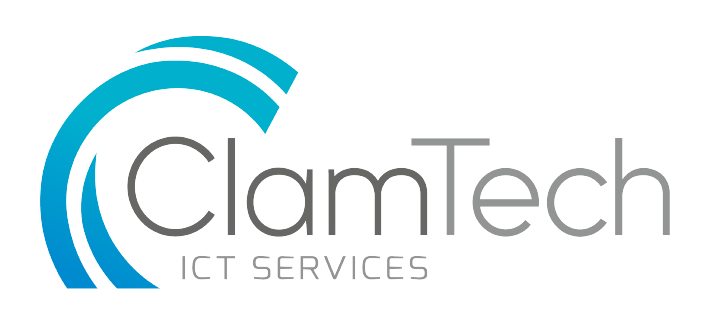How will AI transform the business world?
Some people may still think of Artificial Intelligence (AI) as some sort of science fiction, but most of us now understand how much it has developed and become part of our daily lives. With it being accepted by mainstream society, businesses have also realised its wide range of uses. As artificial intelligence technologies advance, they are becoming vital for companies to maintain a competitive advantage.
Business models across different industries are at different levels of AI adoption, but most are using it to improve customer services, data analysis, predicting performance to automate workloads and so on. Thus, many experts say that the trend towards adoption is currently not adequately responding to its rapidly evolving intelligence capabilities.
Everything is becoming more connected and as such, businesses now have the ability of collecting more data, get insights and innovate. This will result in the markets evolving by becoming faster marketplaces, with streamlined operations, dynamic businesses and more informed consumers.
Artificial Intelligence excels at processing and analysing large data sets much quicker than a human brain could. AI software can present synthesized courses of action to the human user. In this way, humans can use AI to help predict the possible consequences of each action and streamline the company’s decision-making process.
Moreover, this technology is also changing Customer Relationship Management (CRM) systems. Software, like Salesforce or Zoho, requires heavy human intervention to stay updated and accurate. However, when AI is applied to these platforms, an average CRM system transforms into a self-updating, auto-correcting system that stays on top of a company’s relationship management.
Another example of AI’s versatility is within the financial sector. Dr. Hossein Rahnama, founder and CEO of Flybits, worked on integrating this technology into regular banking operations, such as mortgage loans. He stated that with this new technology, if a customer has a mortgage with a bank that is up for a renewal soon and the customer is walking by a branch, he will receive a personalised message to go to the branch and renew the mortgage. Furthermore, if a user is looking at a property for, say over 10 minutes, a personalised mortgage offer will be sent. The goal here is that customers are no longer expected to search online for everything they need. Such technology focuses on shifting to how the right information finds the right user at the right time.
Even with the exciting future that AI brings with it, there are growing concerns about business model transformations and the risks associated with it. Businesses often foster an environment of mistrust towards each other within their industries. This prevents a common approach to data collection and information access. Moreover, many countries also lack the required digital data infrastructure.
Therefore, even though AI is integral in the future of businesses across nations, the emerging trends are presenting various risks and uncertainties. AI-driven business transformation is closely linked to how nations manage their significant data capabilities. Many experts in the field are emphasising the need to advance data initiatives in order to gather more information that evolves the AI landscape further.


